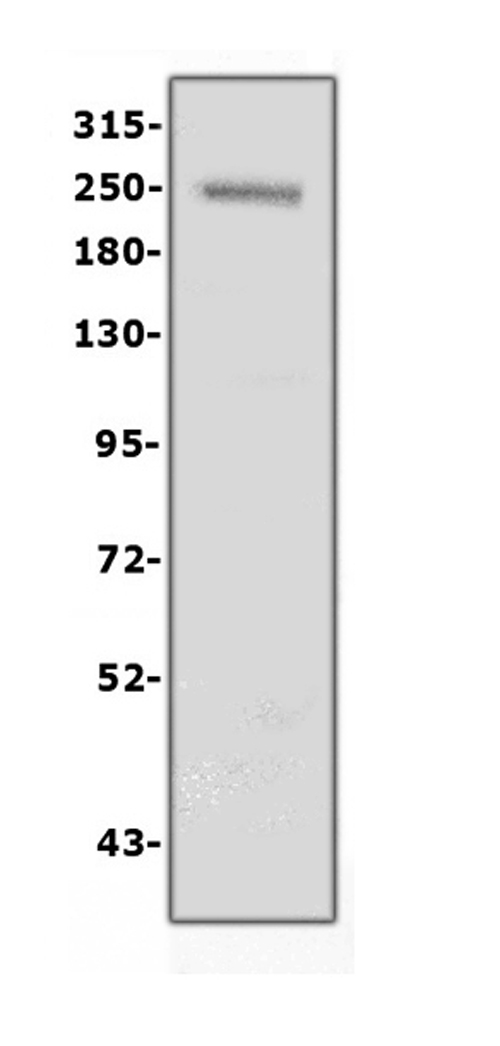![IHC-P analysis of human liver tissue using GTX57183 COL4A1 antibody [IHC549] IHC-P analysis of human liver tissue using GTX57183 COL4A1 antibody [IHC549]](https://www.genetex.com/upload/website/prouct_img/normal/GTX57183/GTX57183_20180619_IHC-P_w_23061123_444.webp)
IHC-P analysis of human liver tissue using GTX57183 COL4A1 antibody [IHC549]
COL4A1 antibody [IHC549]
GTX57183
ApplicationsImmunoHistoChemistry, ImmunoHistoChemistry Paraffin
Product group Antibodies
ReactivityHuman
TargetCOL4A1
Overview
- SupplierGeneTex
- Product NameCOL4A1 antibody [IHC549]
- Delivery Days Customer9
- Application Supplier NoteIHC-P: 1:100-1:200. *Optimal dilutions/concentrations should be determined by the researcher.Not tested in other applications.
- ApplicationsImmunoHistoChemistry, ImmunoHistoChemistry Paraffin
- CertificationResearch Use Only
- ClonalityMonoclonal
- Clone IDIHC549
- ConjugateUnconjugated
- Gene ID1282
- Target nameCOL4A1
- Target descriptioncollagen type IV alpha 1 chain
- Target synonymsBSVD, BSVD1, COL4A1s, PADMAL, RATOR, collagen alpha-1(IV) chain, COL4A1 NC1 domain, arresten, collagen IV, alpha-1 polypeptide, collagen of basement membrane, alpha-1 chain
- HostMouse
- IsotypeIgG1
- Scientific DescriptionThis gene encodes a type IV collagen alpha protein. Type IV collagen proteins are integral components of basement membranes. This gene shares a bidirectional promoter with a paralogous gene on the opposite strand. The protein consists of an amino-terminal 7S domain, a triple-helix forming collagenous domain, and a carboxy-terminal non-collagenous domain. It functions as part of a heterotrimer and interacts with other extracellular matrix components such as perlecans, proteoglycans, and laminins. In addition, proteolytic cleavage of the non-collagenous carboxy-terminal domain results in a biologically active fragment known as arresten, which has anti-angiogenic and tumor suppressor properties. Mutations in this gene cause porencephaly, cerebrovascular disease, and renal and muscular defects. Alternative splicing results in multiple transcript variants. [provided by RefSeq, Dec 2014]
- ReactivityHuman
- Storage Instruction2°C to 8°C
- UNSPSC12352203


![IHC-P analysis of human tonsil tissue section using GTX02748 Collagen IV antibody [COL4/4241R].](https://www.genetex.com/upload/website/prouct_img/normal/GTX02748/GTX02748_20210319_IHC-P_1_w_23053122_992.webp)
![IHC-P analysis of human kidney tissue section using GTX02749 Collagen IV antibody [rCOL4/4742].](https://www.genetex.com/upload/website/prouct_img/normal/GTX02749/GTX02749_20210319_IHC-P_1_w_23053122_523.webp)